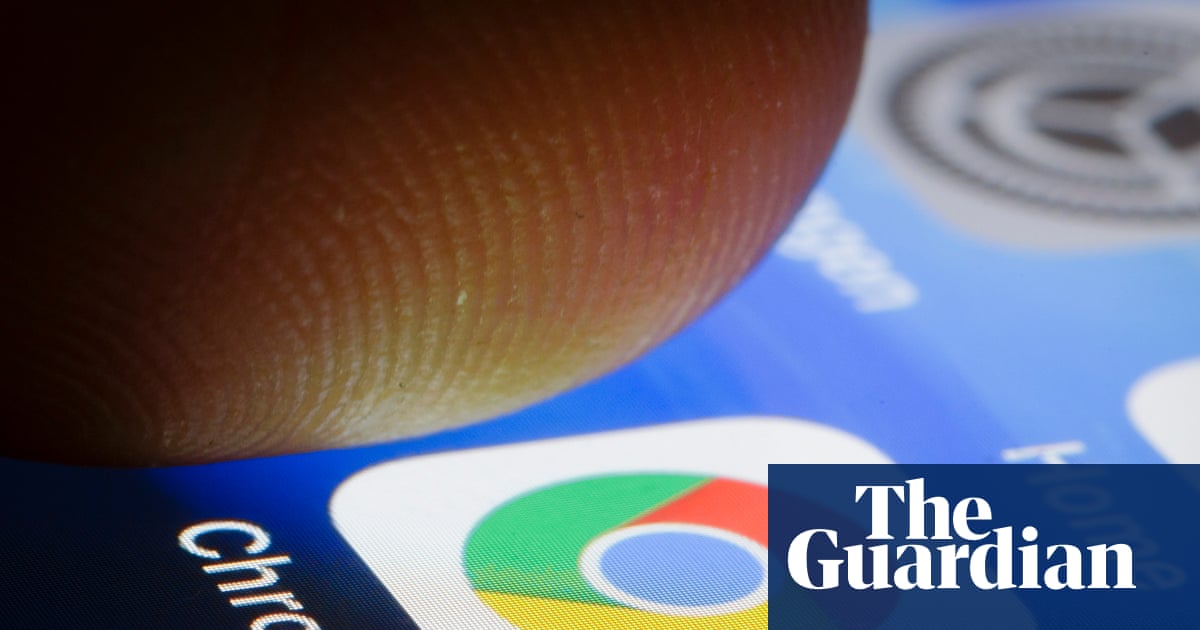
"Google dodged a catastrophic breakup, and it has its biggest competitor to thank for that, according to the judge who could have forced the tech giant to sell off Chrome, the most popular web browser in the world, and perhaps Android, the world's most widely used mobile operating system. Amit Mehta, who ruled in 2024 that Google had built and maintained an illegal monopoly over the internet search business, said last week that he would not force the most drastic remedy on the tech giant."
"Critics said the penalties were weak, nothing more than a slap on the wrist, a phrase that appeared at least half a dozen times in the statements that flooded my inbox. The reason for the relative tameness of the penalty is the emergence of real competition to Google what the case concerned in the first place. United States v Google may have focused on search, but its aftermath concerned generative artificial intelligence."
Generative artificial intelligence reshaped the remedies phase of the United States v Google antitrust case, prompting narrower penalties than a breakup. Judge Amit Mehta, who found Google monopolized internet search in 2024, declined to force a divestiture of Chrome or Android. The government sought a Chrome divestiture; instead the ruling prohibits exclusive distribution agreements for Google Search, requires sharing of search-business data with competitors, and allows distribution agreements that are nonexclusive. The presence of emerging competitors and major AI developments, including Anthropic's settlement with authors, influenced the court's view and likely contributed to the lighter remedies.
Read at www.theguardian.com
Unable to calculate read time
Collection
[
|
...
]